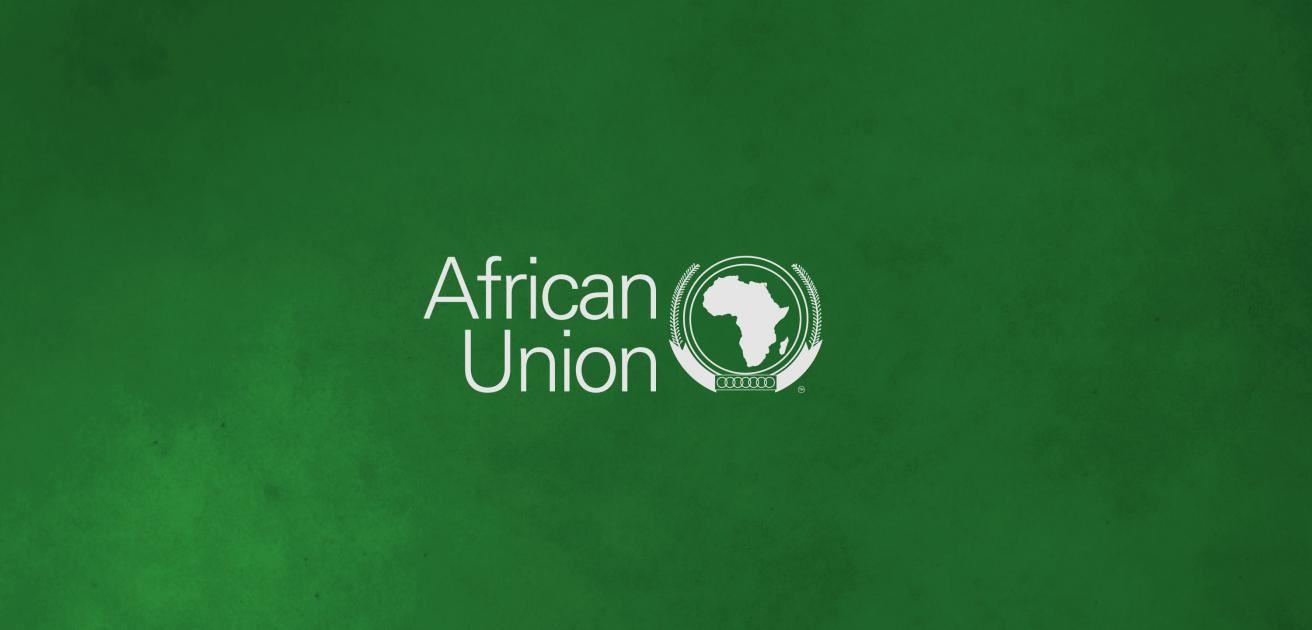Topic Resources
May 31, 2022
February 10, 2022
Agenda 2063 is Africa’s development blueprint to achieve inclusive and sustainable socio-economic development over a 50-year period.
December 17, 2025
December 01, 2025
October 22, 2026


